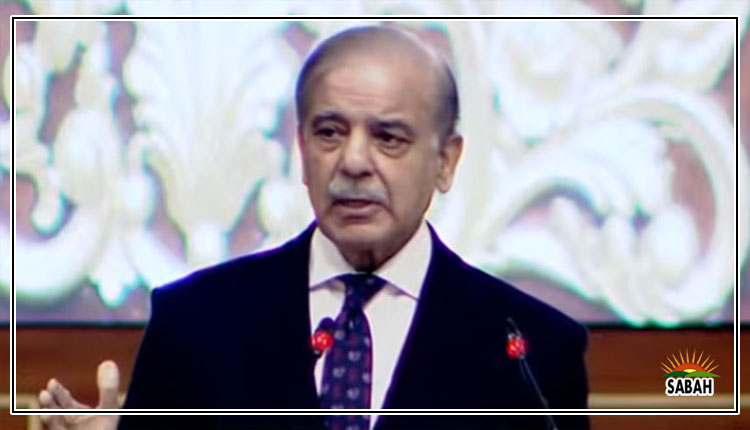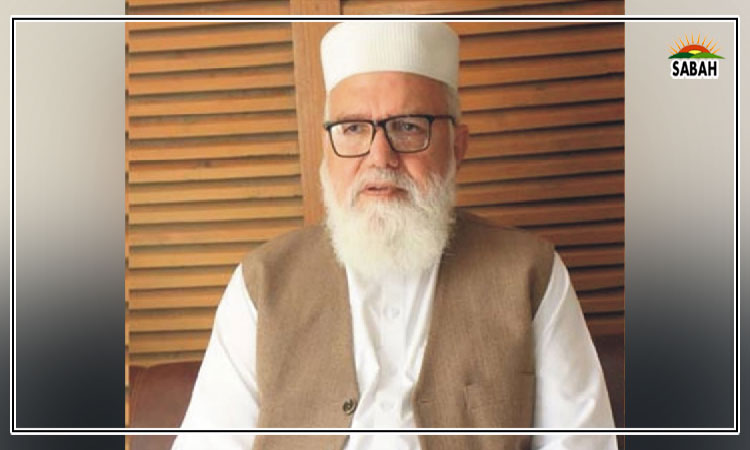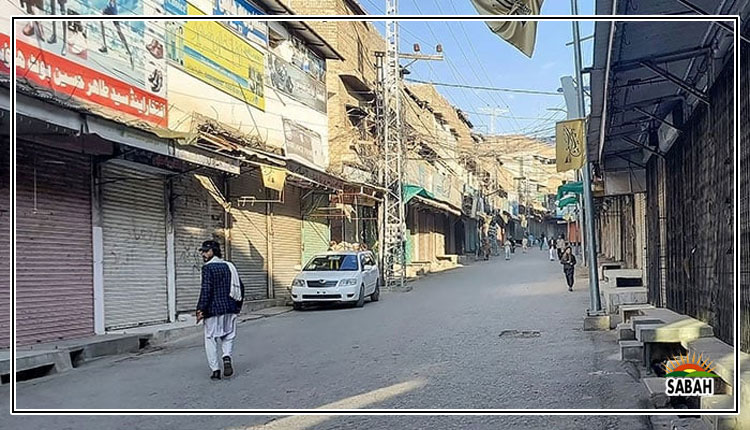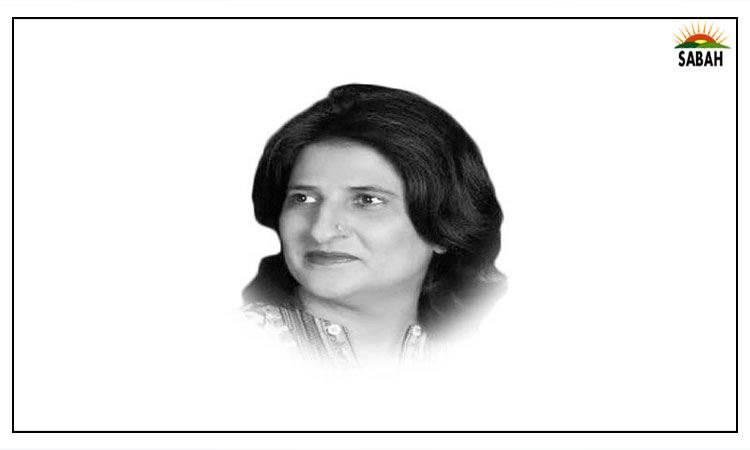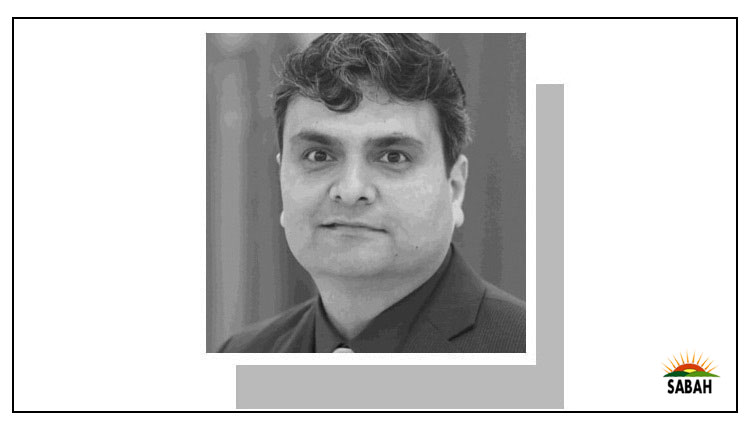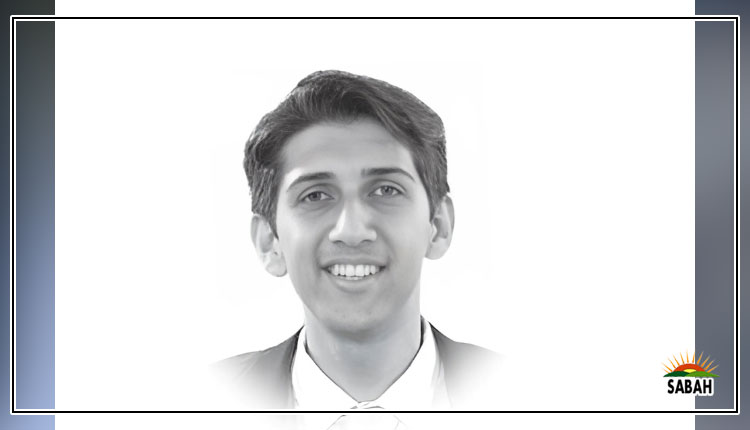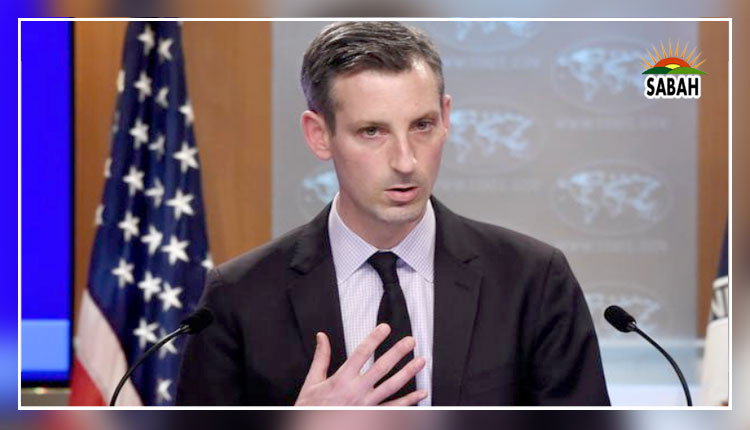Washington is open & would work with any elected government in Pakistan: Ned Price
WASHINGTON, Jan 24 (SABAH): The US State Department Spokesperson Ned Price on Tuesday said that even though the United States wants to see regional stability in South Asia, its relationships with Pakistan and India “stand on their own”.
State Department Spokesperson Ned Price expressed these views during a press briefing while talking about the strained ties between Pakistan and India and Prime Minister Mian Muhammad Shehbaz Sharif’s invitation to Indian counterpart Narendra Modi to hold talks about the burning issues including Indian Illegally Occupied Jammu Kashmir (IIOJK).
On January 17, PM Shehbaz Sharif, in an effort to resolve the burning issues with New Delhi, including Kashmir, asked Modi to hold serious and sincere talks.
“We’ve long called for regional stability in South Asia. That’s certainly what we want to see. We want to see it advanced. When it comes to our partnership – our partnerships with India and Pakistan, these are relationships that stand on their own. We do not see these relationships as zero-sum,” said Price.
The spokesperson said that the pace, scope, the character of any dialogue between India and Pakistan is a matter for those two countries.
When asked if Washington is sending someone to Pakistan for a long-term solution to the collapse of the power grids, Ned Price said the US has “assisted Pakistani partners across any number of challenges and is prepared to do so in this case if there is something that we’re able to provide”. However, he said that he is not aware of any particular requests.
He was also asked if the US would open door for talks with Pakistan Tehreek-e-Insaf (PTI) Chairman Imran Khan and his party if he gets elected as the prime minister, keeping in view his stance of a “US conspiracy” behind his ouster as the prime minister.
To this, the spokesperson said that Washington is open and would work with any elected government in Pakistan.
“Pakistan is a partner of ours; we share a number of interests. We have demonstrated our desire to see constructive relations with Pakistan over the course of successive governments. As we have said in different contexts, we judge governments by the policies they pursue. It would ultimately be a question of the type of policy that any future government of Pakistan might pursue.”


